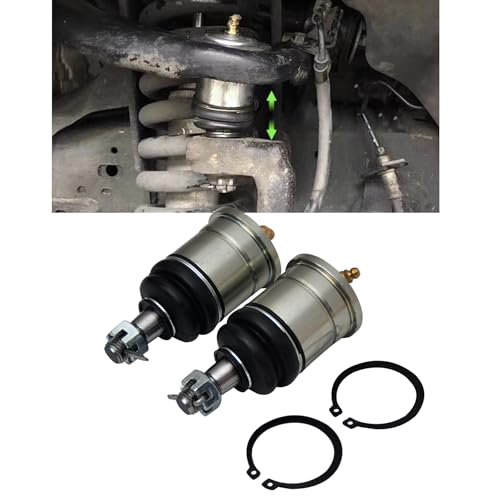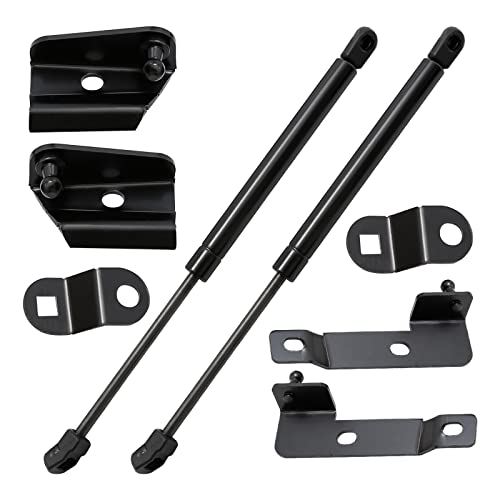ADR does indeed prohibit a speedo from reading UNDER the speed limit by ANY amount at all. It's allowed to read OVER by 10%+4km/h. My own speedo reads almost 140km/h on standard (original) tyres when my GPS tells me I'm doing 125km/h.
We should also keep in mind that our GPS units aren't 100% accurate. Typically when the skies are clear and there's lots of visible sky your GPS unit will be accurate to about 1% (either way). During military manoeuvres, actual war time, poor weather or amongst tall buildings, the accuracy falls dramatically. So if your GPS is reading 103 in a 100km/h zone, you could be doing 104 and be caught.
I've been told that the police radar/laser systems are also calibrated to within 1km/h, which is why they give you 3km/h leeway - so you can't possibly argue in court.
As some of the locals will know (and Scottybobcat), I tend to drive a couple of km below the speed limit and use my cruise control most of the time just to be sure. I don't give a flying fcuk about those behind me. If you want to look in my exhaust, I'll tap my brake and give you a real close look. However, I will NOT annoy people by speeding up when they have an opportunity to overtake - I just continue cruising.
As for camera placement - I guess some of the people deciding on location are blinded by the camera effects you see in a built-up area. Drive through Sandgate where there are 80km/h cameras on both sides of the road - traffic slows to 70km/h (maybe 75km/h if someone's got a particularly large pair of hairy balls) and then gets back to 85+ on the far side. You see the same thing in Sydney, in particular in the school zone just off the freeway on the Pacific Highway. Because of these effects on drivers, it's possible that those deciding where the cameras go believe that people will automatically slow down when they see the signs.
I guess society is making things more difficult here. We have to do things faster and more efficiently, achieving more in a shorter amount of time. Truck drivers need to shave x minutes off their trip so that they can deliver y% more goods per annum turning into an increased profit for the freight company. Some of these drivers disable their speed limiters to achieve this - it's just a fuse, after all (Krafty?). If only we didn't place such importance on efficiency, then we might have siestas during the day and a 2-day working week with ... well, I guess an economy like Greece has. I wonder if they have many speeding cameras?
We should also keep in mind that our GPS units aren't 100% accurate. Typically when the skies are clear and there's lots of visible sky your GPS unit will be accurate to about 1% (either way). During military manoeuvres, actual war time, poor weather or amongst tall buildings, the accuracy falls dramatically. So if your GPS is reading 103 in a 100km/h zone, you could be doing 104 and be caught.
I've been told that the police radar/laser systems are also calibrated to within 1km/h, which is why they give you 3km/h leeway - so you can't possibly argue in court.
As some of the locals will know (and Scottybobcat), I tend to drive a couple of km below the speed limit and use my cruise control most of the time just to be sure. I don't give a flying fcuk about those behind me. If you want to look in my exhaust, I'll tap my brake and give you a real close look. However, I will NOT annoy people by speeding up when they have an opportunity to overtake - I just continue cruising.
As for camera placement - I guess some of the people deciding on location are blinded by the camera effects you see in a built-up area. Drive through Sandgate where there are 80km/h cameras on both sides of the road - traffic slows to 70km/h (maybe 75km/h if someone's got a particularly large pair of hairy balls) and then gets back to 85+ on the far side. You see the same thing in Sydney, in particular in the school zone just off the freeway on the Pacific Highway. Because of these effects on drivers, it's possible that those deciding where the cameras go believe that people will automatically slow down when they see the signs.
I guess society is making things more difficult here. We have to do things faster and more efficiently, achieving more in a shorter amount of time. Truck drivers need to shave x minutes off their trip so that they can deliver y% more goods per annum turning into an increased profit for the freight company. Some of these drivers disable their speed limiters to achieve this - it's just a fuse, after all (Krafty?). If only we didn't place such importance on efficiency, then we might have siestas during the day and a 2-day working week with ... well, I guess an economy like Greece has. I wonder if they have many speeding cameras?
























